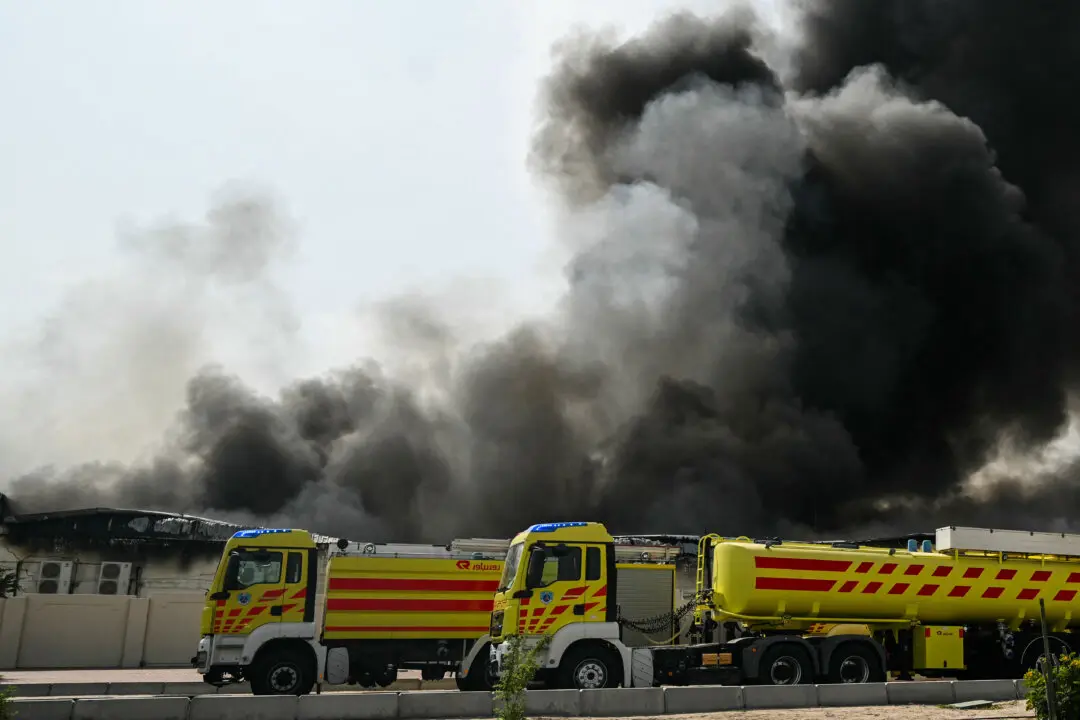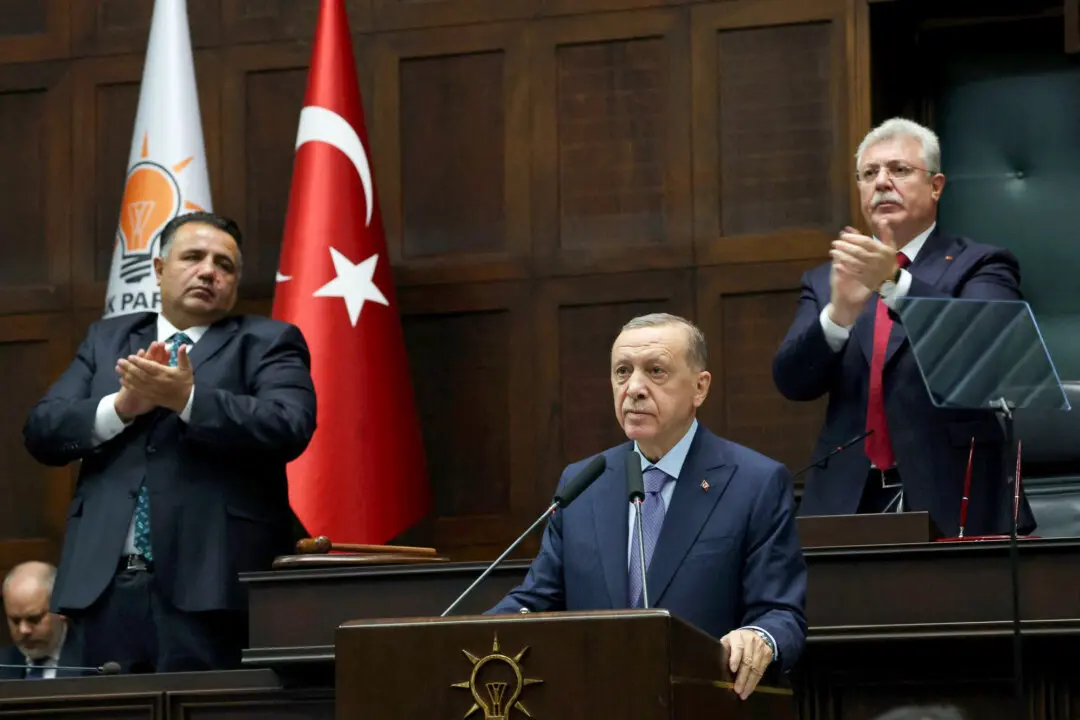A woman who was arrested after she told police she “might” be praying silently outside an abortion clinic has had her charges dropped, but her legal team says that they could be reinstated.
Isabel Vaughan-Spruce was arrested on Dec. 6 and subsequently charged on Dec. 15 with four counts of failing to comply with a Public Space Protection Order (PSPO) by breaching an exclusion zone outside a Birmingham abortion clinic.





